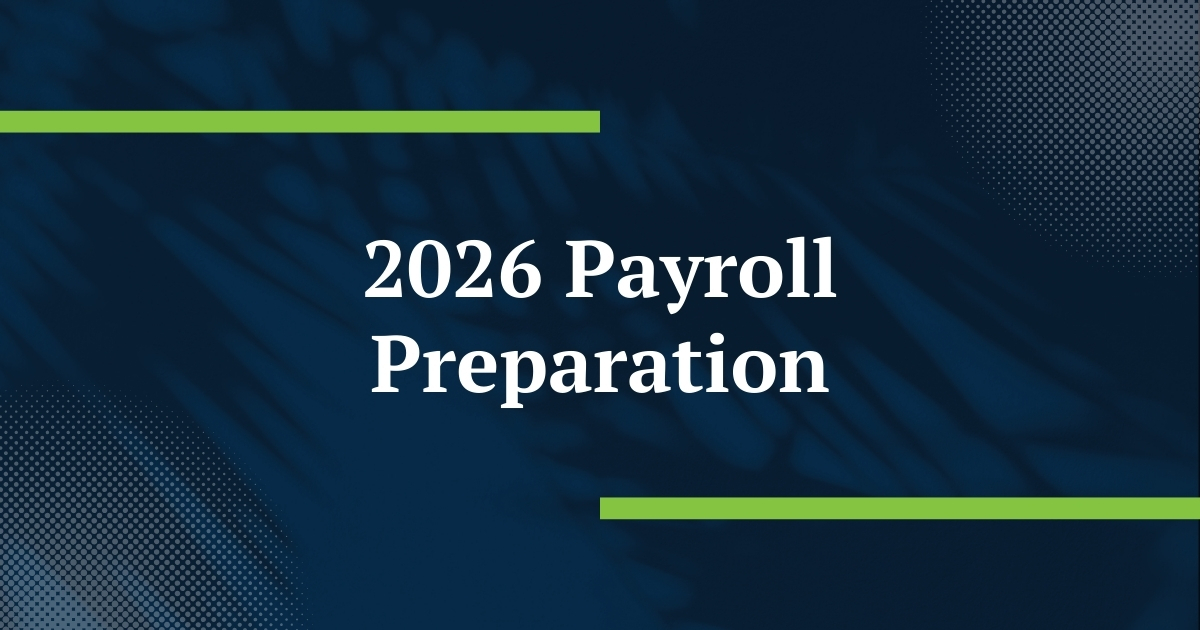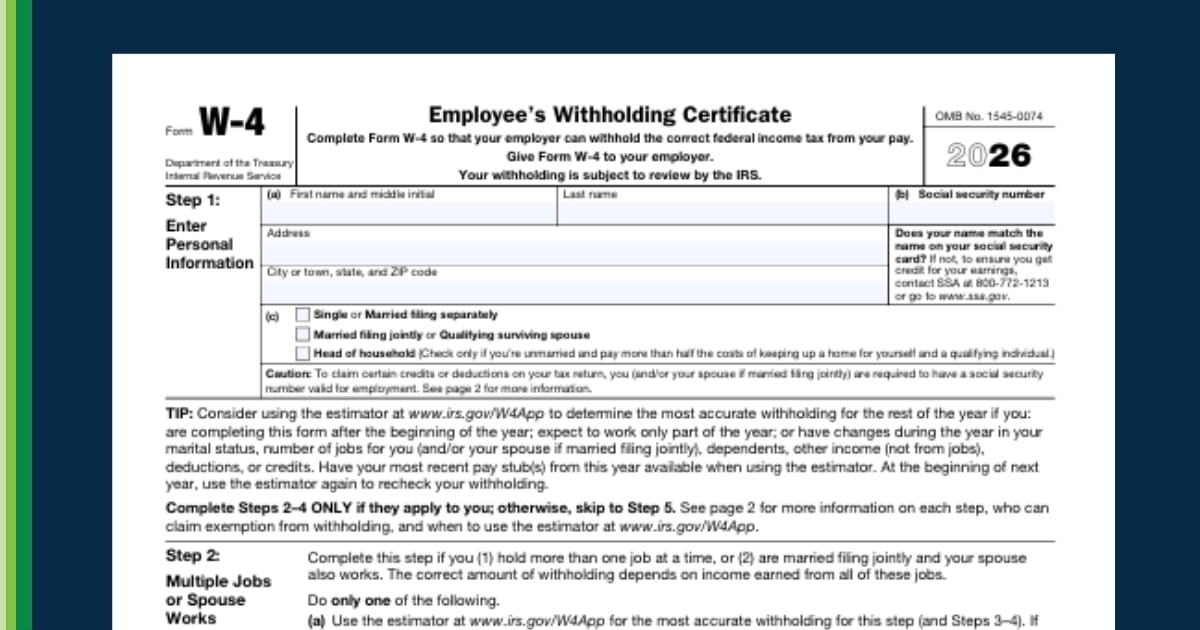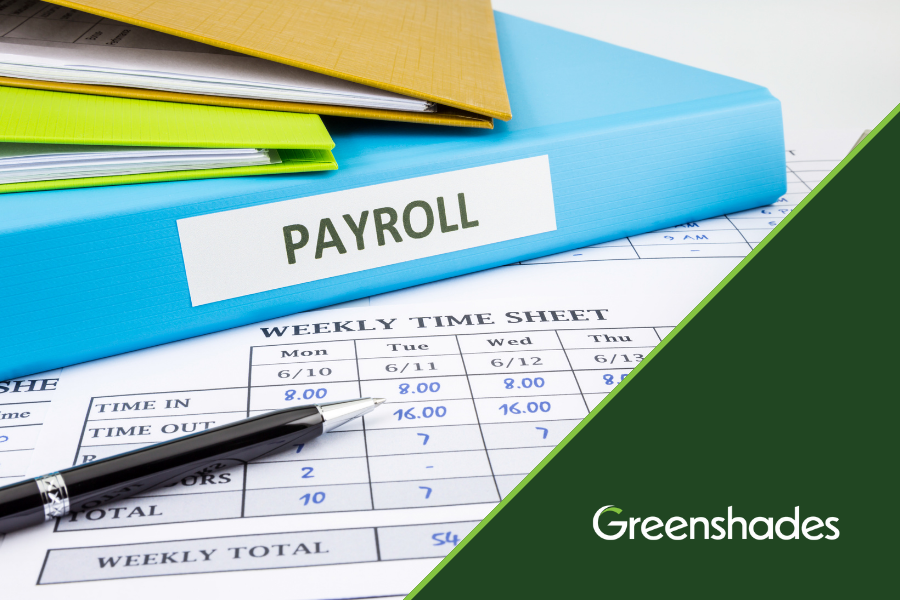Understand what payroll records need to be kept and for how long.
Table of Contents:
Payroll records are the documentation and information related to employee compensation, wages, and other payroll-related matters. These records must be maintained for every employee at your company.
Payroll records contain crucial details, including employee names, social security numbers, tax withholding information, and more. These records are essential for accurate payment processing and ensuring compliance with regulations.
If you are unsure about the required documents, retention periods, or best practices to protect your company compliance penalties, you have come to the right place. This blog will provide the guidance you need.
What documents are needed for payroll?
There is a lot of information needed from an employee for payroll purposes which is captured on documents such as:
- Personal information forms: These include information such as the employee's name, address, telephone number, email address, emergency contact information, date of birth, and Social Security number.
- Employment documents: This encompasses various forms related to the employee's job or role, such as offer letters, employment eligibility data, background checks, references, signed company policies, evaluations, and termination information.
- Pay details: These documents outline the rate of pay, workweek beginning and ending dates, total hours worked, payment agreement, or the employee's pay basis (e.g., hourly, salary, commission), and their classification (e.g., exempt or nonexempt).
- Direct deposit forms: This includes the employee's financial institution names, account numbers, and routing numbers for direct deposit.
- Tax documents: These comprise federal, state, and local jurisdiction tax forms and tax return copies, such as the IRS Form W-4, Employee's Withholding Certificate, or state tax withholding certificates.
- Timesheets: These should detail regular hours, overtime hours, and hours worked per day, workweek, and pay period.
- Deduction information: This includes benefit deductions, wage garnishment orders, union dues, and deferred compensation information.
- Paid and unpaid leave records: This includes records for paid time off (PTO), Family Medical Leave Act (FMLA), state paid leave programs, and more
In addition, companies are required to keep pay records that contain payroll details, such as pay period beginning and ending dates, payment date, and types of wage payments (e.g., regular, overtime, tip credit, bonuses, commission, paid leave time, etc.).
How long do payroll documents need to be kept?
Different types of payroll records have varying requirements for how long they should be kept, depending on the agency and regulations involved. Here are some key guidelines to consider:
- Tax and IRS Rules: Payroll tax records should generally be kept for four years as the IRS may request documents from that time during an audit.
- Fair Labor Standards Act (FLSA) Rules: Payroll records for non-exempt workers must be retained for at least three years. In addition, timesheets or other documents that show how wages were calculated should be kept for at least two years.
- Equal Employment Opportunity Commission (EEOC) Rules: Employers must retain personnel and employment records for one year. In addition, records of involuntarily terminated employees must be kept for one year from the date of termination.
- Employee Retirement Income Security Act (ERISA) Rules: ERISA Section 107 mandates that certain documents related to retirement savings plans be kept for at least six years, while other records may require longer retention periods.
It's important to note that both federal and state laws govern payroll recordkeeping, and the list above serves as a general guide. For comprehensive compliance with payroll recordkeeping laws specific to your business, it is advisable to consult a professional who can provide guidance tailored to your circumstances.
Where should payroll documents be kept?
Ensuring the security and proper storage of payroll documents is crucial for every business, as these records need to be kept for specific durations based on regulatory requirements. Depending on your business, that could mean storing them digitally in the cloud or using external hard drives.
In addition, you should assess the capabilities of your payroll provider. Reputable providers typically offer solutions for securely managing and retaining your payroll records. However, it remains your ultimate responsibility to guarantee your records are safe, secure, and readily available.
What are some best practices for payroll recordkeeping?
Implementing proper practices for payroll recordkeeping is essential for protecting your business, ensuring smooth operations, and staying compliant. Here are some recommended practices to consider:
- Explore the benefits of using cloud-based platforms (if you don’t already) to store and manage your payroll records. These solutions offer secure and convenient storage, easy accessibility, and scalability to accommodate the growing volume of records.
- Determine the required retention periods for different types of payroll records based on legal regulations and industry standards. Create processes and reminders to review documentation periodically and dispose of records only when it is safe and compliant to do so.
- Consult a professional if you have any doubts about your processes. It’s best to err on the side of caution with payroll records and they can provide expert advice to ensure your systems align with the correct guidelines.
- Consider adopting a centralized and secure HR and payroll software that automates recordkeeping processes. The right solution helps streamline operations, ensure compliance with regulatory requirements, and reduce costs associated with printing and physical storage.
For a reliable and efficient HR and payroll software solution, explore the benefits of Greenshades. Contact our team to learn more about how Greenshades can support your business in maintaining accurate and compliant payroll records.



























